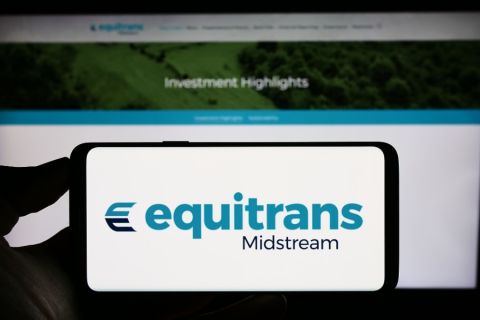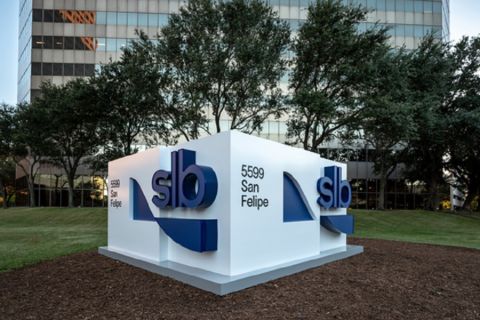"We believe that Talisman Energy is positioned for a blowout year in 2000-given its highly visible production gains in the North Sea, Sudan and western Canada, as well as its exceptional leverage to high oil prices," says Tom E. Covington, oil and gas analyst, equity research, for A.G. Edwards & Sons Inc. in Denver. The firm's target price for TLM is $50 per share." Based in Calgary, Talisman is a senior Canadian oil and gas company with worldwide upstream operations in the North Sea, Sudan, Indonesia, Trinidad, Algeria and western Canada. In August 1999, the company purchased for $800 million Canadian independent Rigel Energy, with properties in western Canada and the North Sea. This past February, Talisman disclosed its $400-million purchase of Fourth Round Assets (FRA) in the central North Sea from Elf Aquitaine, Atlantic Richfield and Texaco. "Following these two high-impact, strategic acquisitions, Talisman is poised this year to deliver the best operating and financial performance in the company's history," says Covington. "We now anticipate 30% volume growth in 2000, to 335,000 equivalent barrels of oil per day, mainly due to its FRA and Rigel transactions, a full year of Sudan production, and increased gas production in the Canadian foothills." Importantly, he notes, these gains are not dependent on near-term exploration or accelerated development, but only on development currently under way. "At the same time, with crude oil and liquids comprising 50% of its projected production through 2001, Talisman has by far the most leverage to strong oil prices in our peer [coverage] group," says Covington. After meeting with management in early May, the analyst revised upward-for the second time this year-his 2000 and 2001 cash-flow estimates for TLM, to $10.03 per share and $11.60, respectively. In addition to an expected 69% growth in per-share cash flow this year, Talisman should also generate extraordinary levels of free cash flow by 2001-roughly $860 million, says the analyst. Free cash flow analysis, a valuation tool that A.G. Edwards began to employ in early 1999-ahead of other market makers in Denver-looks at the amount of internally generated cash that is available to an operator for growth. Notwithstanding its superior projected [production and cash flow] growth rates and operating fundamentals, Talisman's shares nonetheless trade at an enterprise value/EBITDA multiple of 3.2-a stunning 40% discount to a peer-group average multiple of 5.6. "In our opinion, Talisman's languishing share price primarily reflects investor concerns about the company's Sudan operations," says Covington. "While the risks associated with a civil war there are significant, they are declining-primarily due to increased initiatives by the Canadian government to promote peace." But even without Sudan, Covington notes that TLM's current low valuations are compelling, and that this weakness "provides investors with a bargain-basement buying opportunity in a high-quality stock." Note: Analysis was on 3-16 when TLM closed on the NYSE at $26 and reaffirmed 5-4 when $32.13. Currently, some 138.3 million shares are outstanding. The 52-week price range was $33.31-$22.68.
Recommended Reading
Baker Hughes Awarded Saudi Pipeline Technology Contract
2024-04-23 - Baker Hughes will supply centrifugal compressors for Saudi Arabia’s new pipeline system, which aims to increase gas distribution across the kingdom and reduce carbon emissions
PrairieSky Adds $6.4MM in Mannville Royalty Interests, Reduces Debt
2024-04-23 - PrairieSky Royalty said the acquisition was funded with excess earnings from the CA$83 million (US$60.75 million) generated from operations.
Equitrans Midstream Announces Quarterly Dividends
2024-04-23 - Equitrans' dividends will be paid on May 15 to all applicable ETRN shareholders of record at the close of business on May 7.
SLB’s ChampionX Acquisition Key to Production Recovery Market
2024-04-21 - During a quarterly earnings call, SLB CEO Olivier Le Peuch highlighted the production recovery market as a key part of the company’s growth strategy.
PHX Minerals’ Borrowing Base Reaffirmed
2024-04-19 - PHX Minerals said the company’s credit facility was extended through Sept. 1, 2028.





